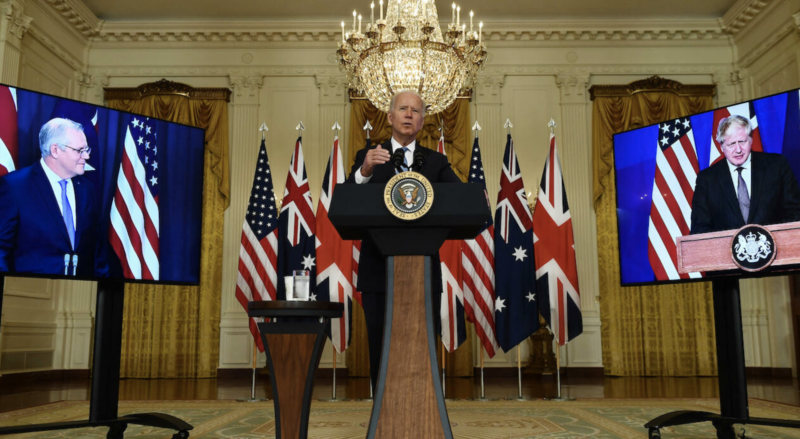This morning, Beijing announced initial success in developing a world-class digital economy – an economy based on digital computing technologies. After one year’s efforts, Beijing has increased its added value of the digital industry to 1.45 trillion RMB ($224.6 billion), accounting for 40.3% of the city’s overall GDP. This promising trend continues this year, with another 2.6% rise in the first half of the year.
Such achievements are a result of the preferential policies that rolled out in the Two Zones. The Beijing Two Zones refer to the pilot free trade zone and the national comprehensive demonstration zone that is set to open up the services sector. Over the past year, 207 new policies have been implemented to streamline government services, attract talents and open the city to the world.
“Those policies have saved us some 8 million RMB ($1.24 million) in engine maintenance freight charges. The maintenance cycle has also been greatly shortened by over 400 days. Now we plan to look into tax refund services.” Said Han Keping, Deputy General Manager of the finance department at AMECO, a well-established joint venture in aircraft maintenance.
To attract foreign talents, the Two Zones makes real-time settlements possible; Beijing’s first one-stop platform enables foreign workers to apply for Chinese work visas without travelling to different offices. Multinational companies are also drawn to Beijing, including a wholly-owned entertainment subsidiary of Japan’s Avex Group and UBS Securities, the first foreign-funded securities institution in China.
In the announcement, Beijing set a plan for the next few years, with a focus on the 6G layout, data-based economy, world-leading digital technology, and making the city a national incubation centre. Beijing sees itself as a “benchmark” for global digital economic development in the next five to ten years.
Read more:









